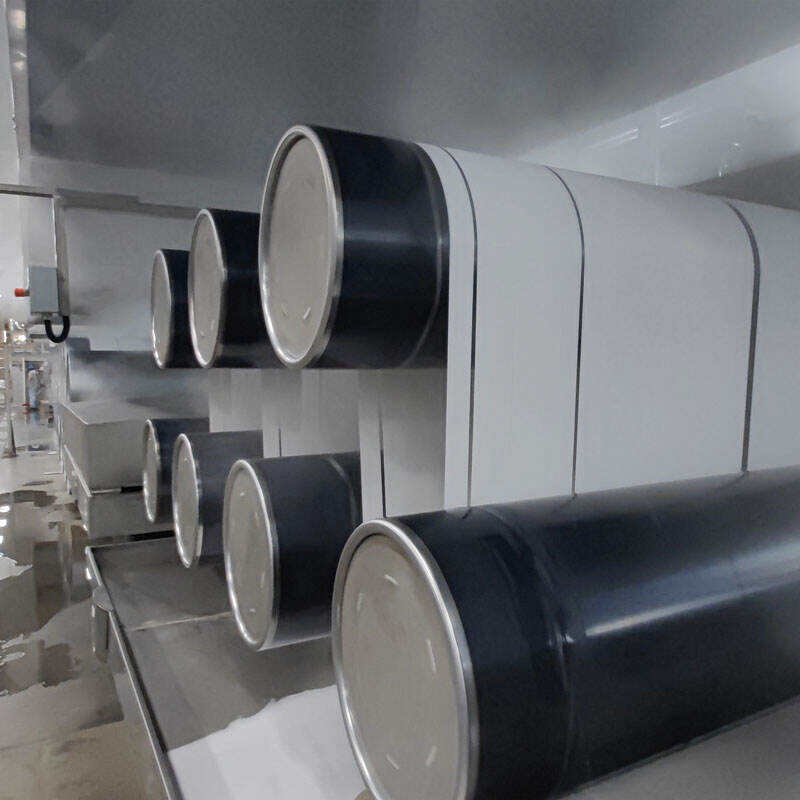Soft Gem | One-Stop Service for Bicomponent Staple Fiber Equipment
Soft Gem delivers comprehensive one-stop services for bicomponent staple fiber equipment, combining 30+ years of experience in synthetic fiber machinery. Our solutions include the best bicomponent staple fiber units, customized plant designs, and full lifecycle support. We offer competitive bicomponent short fiber device prices, online quotations, and global installations (Africa, Russia, Middle East). Our product range covers bi-component, 3D hollow conjugated PET, high tenacity staple fiber production lines, and PLA fiber systems. Trust our professional R&D team and intelligent manufacturing for high-quality, efficient fiber production solutions.
Get A Quote
